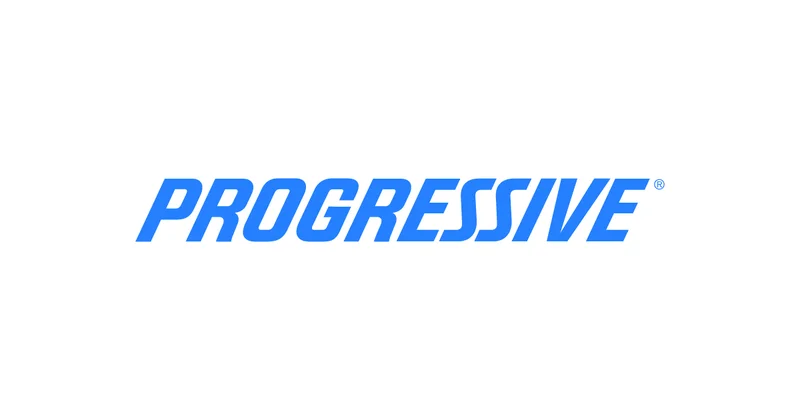The Metaverse: A Digital Ghost Town or a Future Goldmine?
Let's cut the corporate PR crap right off the bat, shall we? Every tech giant with a spare billion or two – or ten, or twenty – is screaming about the metaverse. They're telling us it's the future, the next iteration of the internet, a revolutionary new way to work, play, and exist. My question, and maybe yours too, is: are we just buying into another overhyped digital snake oil, or is there actually something real brewing beneath all the shiny, sterile demos? Because right now, from where I'm sitting, it feels less like a vibrant new world and more like a deserted theme park after the apocalypse.
I mean, seriously, have you actually tried to engage with this "metaverse" they're pushing? It ain't exactly Ready Player One, is it? More like a clunky, low-res version of Second Life, if Second Life had even less soul and was constantly trying to sell you NFTs for digital sneakers. You strap on a headset that feels like a brick taped to your face, fumble with controllers that never quite work right, and then you’re dropped into a virtual space that's often emptier than a Tuesday night at a laundromat. Picture this: some exec, probably wearing a suit that cost more than your car, is trying to give a keynote speech to a bunch of faceless, legless avatars, all while struggling to figure out how to unmute himself. That’s the "future of work" they're selling us. Give me a break...
The Emperor's New Pixels: Who's Actually Building This Thing?
My gut tells me a lot of this metaverse talk is less about genuine innovation and more about finding the next big data mine. Companies like Meta (yeah, I’m looking at you, Zuck) are pouring billions into this, not because they’ve suddenly had an epiphany about human connection, but because they need a new playground to track our every digital twitch. They’ve squeezed every last drop out of social media, and now they need new territory. It's like the Wild West, but instead of striking gold, they're hoping to strike a nerve – a nerve that makes us spend, interact, and generate more data for them to monetize.

This isn't innovation. No, 'innovation' implies something actually new and useful—this is just a rebrand of a decade-old dream, wrapped in a shiny, expensive bow. They're building these "worlds," but are they building communities? Are they solving real problems, or just creating new ones that require their proprietary solutions? I gotta ask, are we really supposed to believe the patent office is staffed with superheroes who know everything about what's next? Or are they just rubber-stamping whatever big tech throws at 'em, hoping something sticks? It feels like we're being sold the idea of a party, but when we show up, the hosts are nowhere to be found, and the only other guests are bots and a few incredibly lonely crypto bros.
The Cost of Admission: Is Anyone Showing Up?
The biggest hurdle, offcourse, is adoption. Who’s actually going to spend thousands on a VR headset, spend countless hours learning to navigate these clunky interfaces, and then... what? Hang out in a virtual office? Play a game that looks like it belongs on the PS2? For all the talk of "interoperability" and "open metaverses," what we're seeing are walled gardens, each company trying to stake its own claim. It’s like everyone’s building their own version of the internet, but none of them are talking to each other. How is that a "unified" future?
Maybe I'm just cynical. Then again, maybe I'm the crazy one here for actually expecting these tech behemoths to deliver something genuinely groundbreaking instead of just another platform for ads and surveillance. They promise us freedom, creativity, and a new frontier, but what I see is a land grab. A digital land grab where the early investors—the companies themselves—are the only ones guaranteed a return. The rest of us? We’re just the digital settlers, paying rent for virtual plots of land that might just disappear when the next big thing rolls around. Or worse, become a ghost town where our digital investments gather dust.
